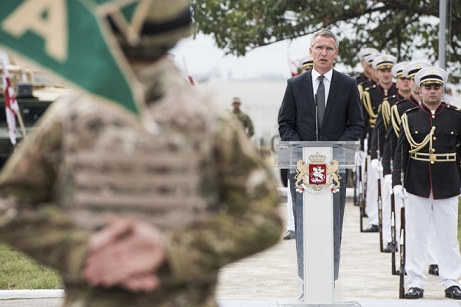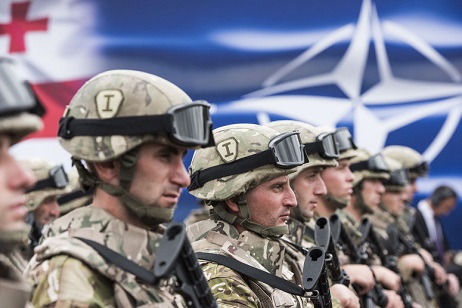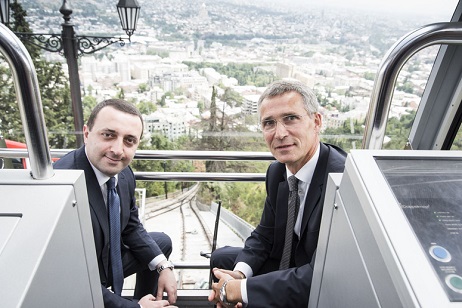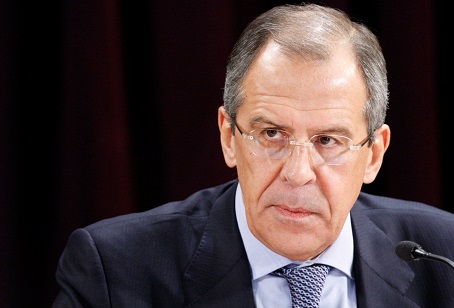Russia warns NATO, Georgia new joint training centre risks regional stability

Russia says the opening of the NATO-Georgia Joint Training Centre in Georgia is "another provocation” of the Alliance aimed at destabilising the region.
Spokesperson for the Russian Foreign Ministry, Maria Zakharova, condemned the move in a press briefing shortly after NATO Secretary General Jens Stoltenberg opened the NATO-Georgia Joint Training and Evaluation Centre in capital Tbilisi on August 27.
"We consider this step as a continuation of the policy of provocation of the Alliance, which is aimed at expanding its geopolitical influence, often using the resources of the partner countries of the bloc," Zakharova told Russian news agency Interfax.
"In addition, placing a NATO military facility in Georgia will become a serious destabilising factor for security in the region".
"Those who, in this situation, continue to actively pull Tbilisi towards NATO ought to be aware of the size of their responsibility, by which I of course refer to the sorrowful events which befell the region in 2008.”
Meanwhile NATO Secretary General Jens Stoltenberg and Georgian leaders specifically stressed before and after the opening ceremony that the new Centre was "not directed against anybody”.
"On the contrary, the Centre will be important to improve regional and international stability," Stoltenberg said. The same idea was voiced by Georgian Prime Minister Iraki Garibashvili.
The Training Centre is part of the Substantial NATO-Georgia Package, agreed at the NATO Wales Summit last year to help Georgia in its aspirations to NATO membership.
The facility was designed to conduct pre-deployment training and certification of units assigned to NATO-led and other international operations. It will be a place where Georgian and NATO militaries will undergo trainings and will have the capability to host multinational, joint and combined exercises and training. It will also serve as a place where servicemen can be evaluated and gain certification.
The Centre will be led by six NATO officers from Denmark, Latvia, Lithuania, and Norway, as well as eight Georgian officers. The first group of soldiers will begin training there in 2016.
 Tweet
Tweet  Share
Share


